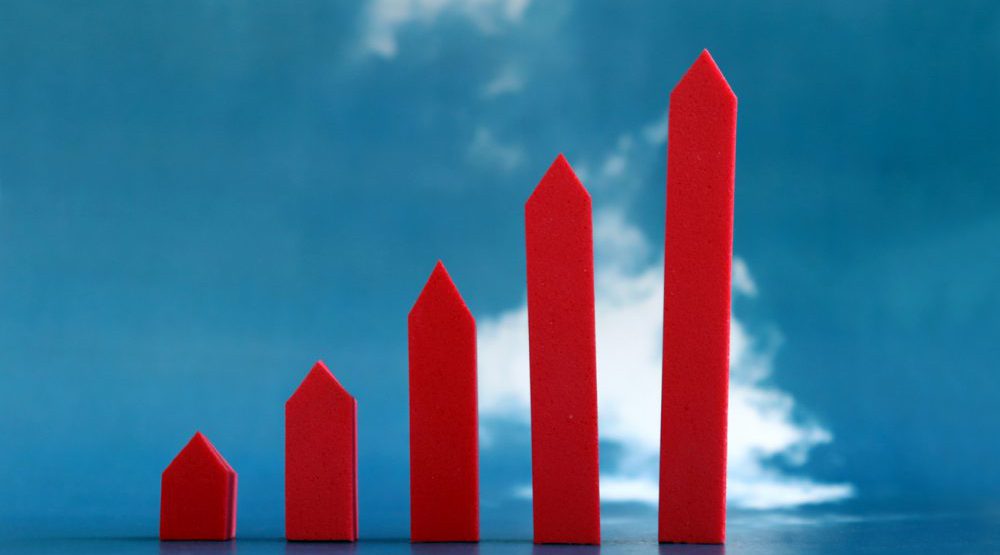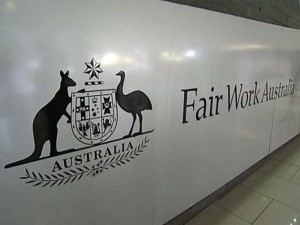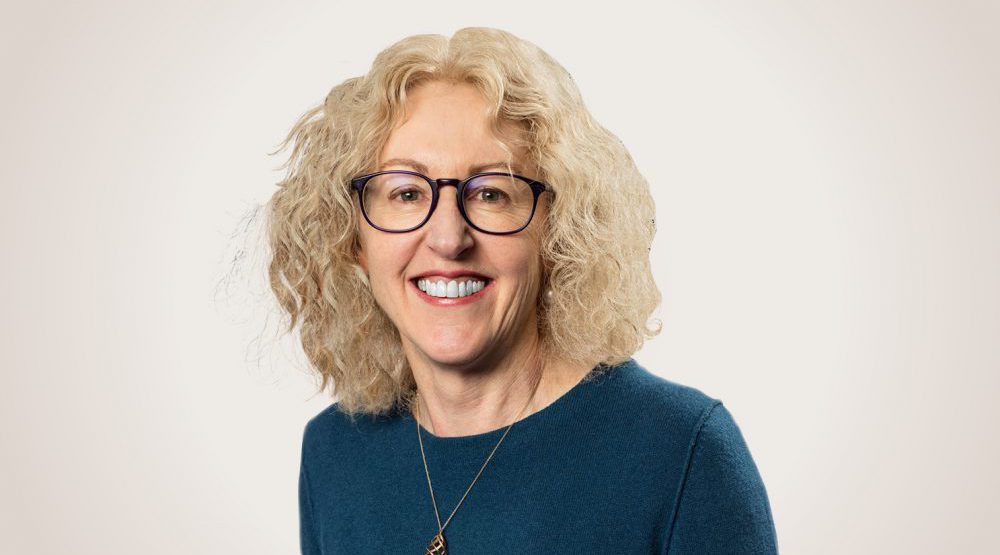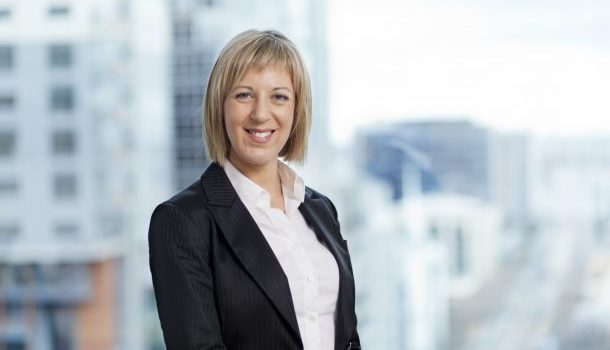
The Fair Work Commission has announced the national minimum wage (NMW) will rise by 3 per cent to $19.49 an hour ($740.80 a week) from Monday 1 July 2019.
This amounts to an increase of $21.60 per week to the weekly rate for Australia’s lowest paid workers. The wage increase is lower than last year’s 3.5 per cent pay rise.
“We are satisfied that the level of increase we have decided upon will not lead to any adverse inflationary outcome and nor will it have any measurable negative impact on employment,” said the Commission.
“However, such an increase will mean an improvement in real wages for those employees who are reliant on the NMW and modern award minimum wages and an improvement in their living standards.”
In its report, the Commission noted women are disproportionately represented among those on the NMW and those who are reliant on modern award minimum wages.
“An increase in the NMW and modern award minimum wages will assist in reducing the gender pay gap,” said the commission.
The increase will apply to modern award minimum wages for junior employees, employees to whom training arrangements apply and employees with disability, and to piece rates, through the operation of the methods applying to the calculation of those wages.
Building Services Contractors Association of Australia (BSCAA) national president George Stamas told INCLEAN the association respects the Fair Work Commission’s determination on the National Minimum Wage.
“What BSCAA stands for and has always stood for is a level playing field, transparency in all dealings and a fair go for everyone who works in the cleaning industry. The National Minimum Wage determination is part of that.”
The Accommodation Association of Australia (AAoA) says it’s disappointed with the size of the increase.
“Full-time housekeepers (wage level 2) will receive an increase to the base rate of around 0.71 cents per hour. This weekday hourly rate for casual housekeepers will increase by about 0.88 cents per hour,” the association noted in a press release.
“AAoA is disappointed with the size of the increase – although lower than last year, an increase in excess of inflation for the third consecutive year will be difficult for the labour-intensive accommodation industry to absorb, particularly for all the many small businesses that make up a significant proportion of the industry.”
The AAoA noted that Fair Work Ombudsman data consistently indicates the hospitality industry is over-represented in non-compliance with workplace laws, and remains a key focus of its compliance operations.
“In its latest annual report, the Ombudsman said of the industry: “(Compliance and enforcement outcomes) makes up almost a third of all of our litigations in the last two years, and had the highest number of compliance notices (34 per cent), infringement notices (36 per cent) and letters of caution (30 per cent) issued in 2017-18.”
The Australian Chamber of Commerce and Industry has voiced its concerns the 3 per cent rise will put jobs in danger and risk the viability of some small businesses.
Australian Chamber CEO James Pearson said Australia already has one of the highest minimum wages in the world, and continuously increasing minimum wages by significantly more than inflation has consequences. He added the increase will cost Australian employers an additional $3.1 billion per year.
“The health of our labour market is relatively strong. However, parts of the country and some industry sectors are finding the going tough. Growing global uncertainty and a recent pause in employment growth point to risks,” he said.
“Employers respect the independent decisions of the Fair Work Commission, but a third straight increase well in excess of inflation will be difficult for businesses, particularly small businesses, to absorb.
“These increases will make it that much harder for more than 680,000 of our fellow Australians who are unemployed, and a further 1.1 million underemployed, to find a job or more hours of work.”
United Voice national secretary Jo-anne Schofield said the extra 57 cents an hour makes no meaningful difference to union members.
“The reality for our award-reliant members is that today’s minimum wage rise of 3 per cent does not make up for the years of neglect by an out of touch system that doesn’t understand low paid workers,” said Schofield.
“Fifty seven cents an hour will not remedy historically low wage growth in the face of real cost of living pressures. Added to this, 700,000 hospitality and retail workers are just weeks away from the next 10 percentage point penalty rate cut.”
The Australian Council of Trade Unions (ACTU) said the increase is a step in the right direction, but still falls short of re-establishing the living wage.
ACTU said the increase will leave the minimum wage more than 7 per cent short of the living wage target – 60 per cent of the median full-time wage.
ACTU assistant secretary Liam O’Brien said the increase is a welcome pay rise for millions of low paid workers, especially in the face of further penalty rate cuts in a few weeks.
“We have a long way to go to ensure that the minimum wage is enough for workers to live on and support their families,” he said.
“No one in Australia should be living in poverty while working full time, but we know that thousands of people are facing this reality.”
Comment below to have your say on this story.
If you have a news story or tip-off, get in touch at info@3.106.117.80.
Sign up to INCLEAN’s newsletter.


